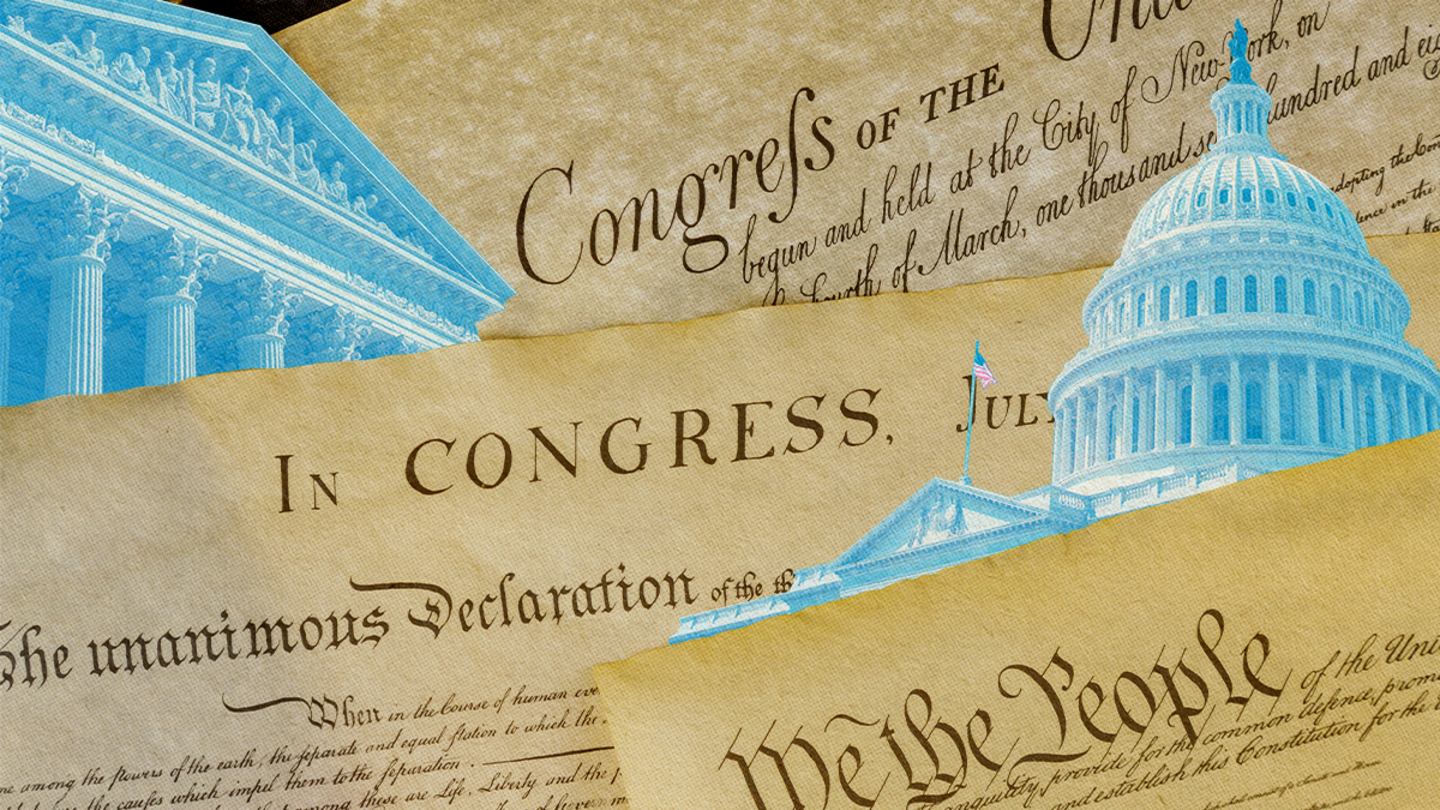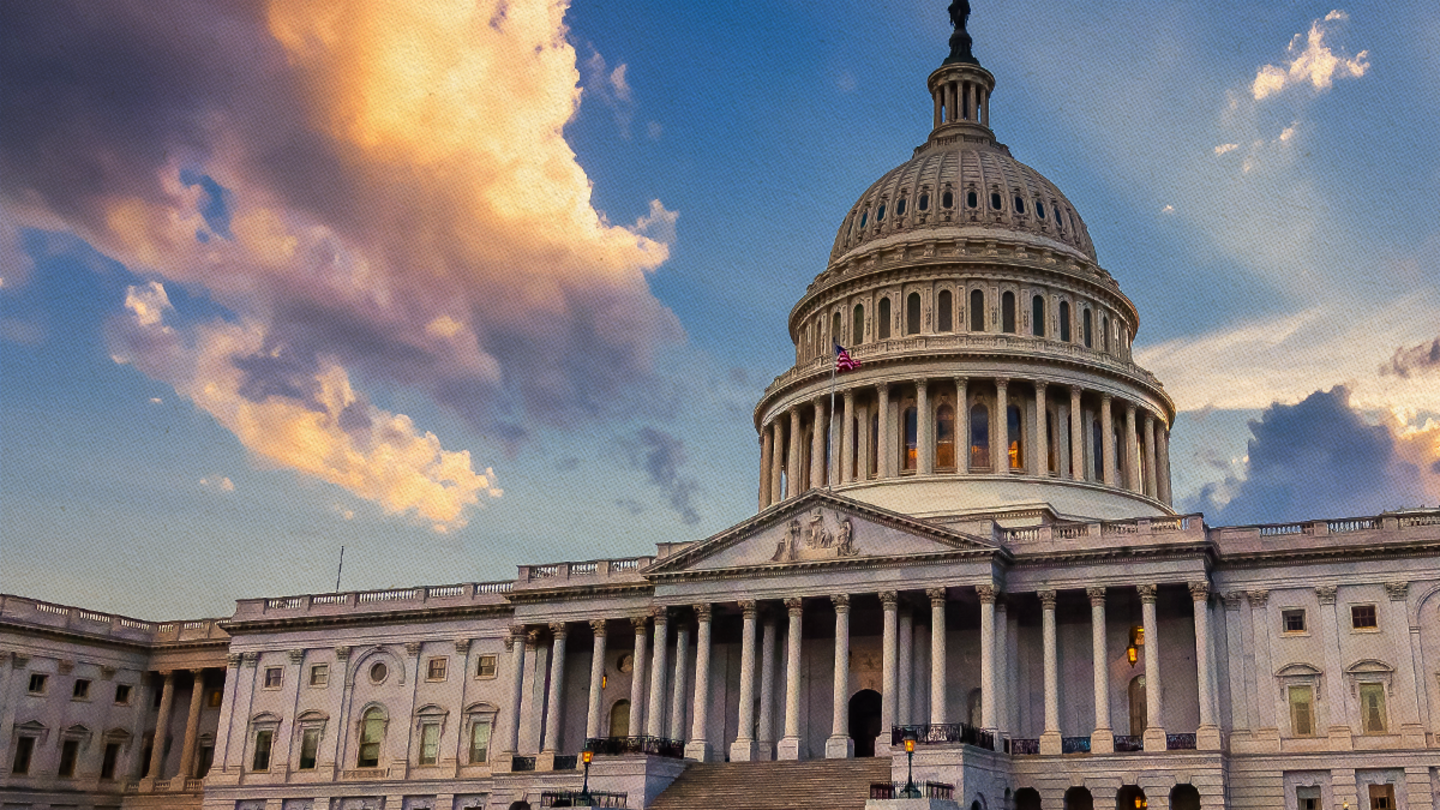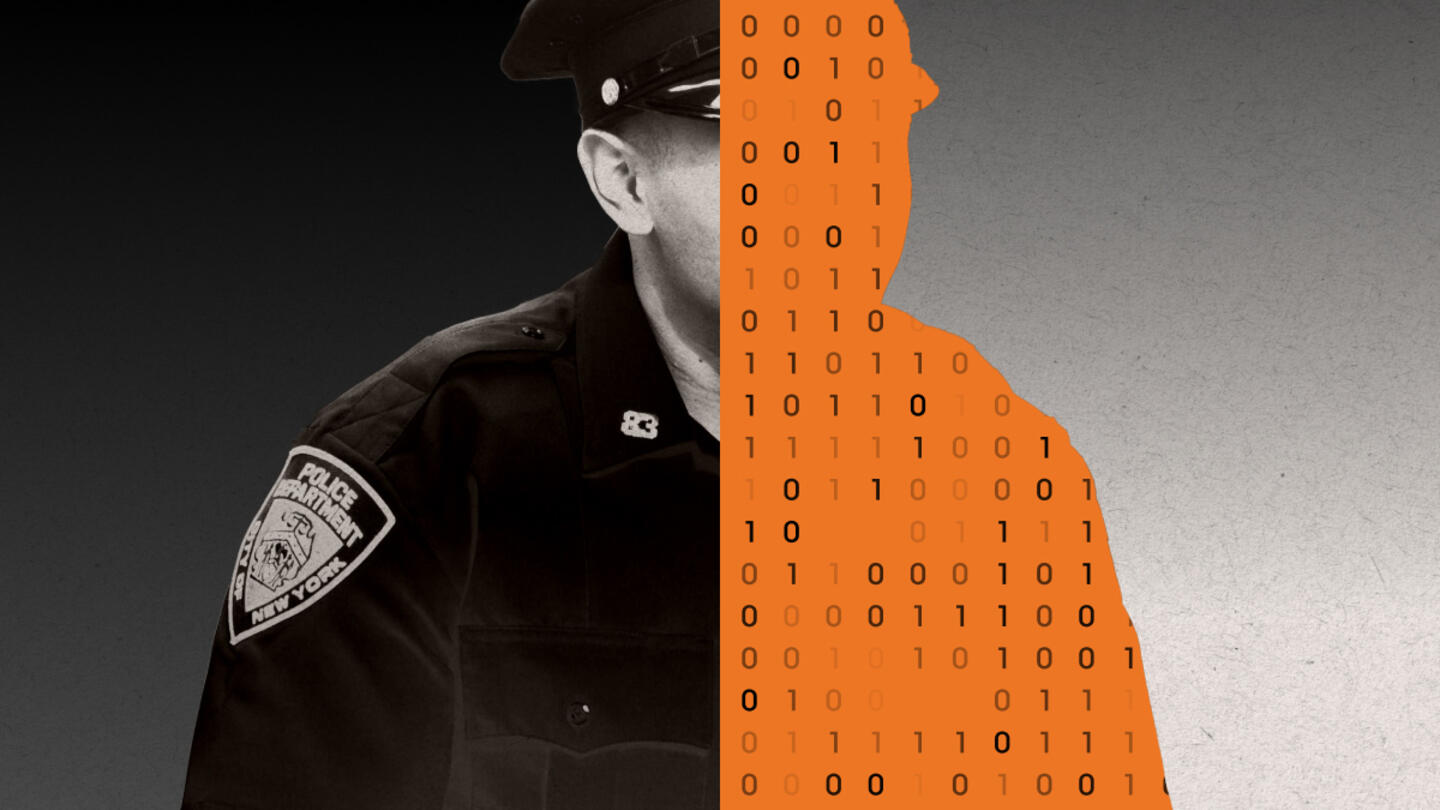Constitutionally Limited Government

America is the promise of a diverse, dynamic, and free people. The Constitution provides the framework for achieving it by protecting equal rights and guarding against abuses of power.
The Declaration of Independence recognized the rights of people to seek life, liberty, and the pursuit of happiness. When the Constitution established structural checks and balances and enshrined civil liberties in the Bill of Rights, it was the first time the principles of human dignity and individual rights had served as the cornerstone for a new nation.
While the principles that motivated the Declaration of Independence were noble, their application was flawed. It was tragically limited. Over the past 250 years, each time our country has more faithfully applied those principles to all people, we’ve made a steady march toward progress and unlocked unprecedented human flourishing. When they have been violated, we've seen our darkest hours as a country.
Today those principles face grave threats from extreme elements across the political spectrum. Freedoms of speech and of the press, the separation of powers, due process protections that are bedrocks of criminal justice, and other constitutional norms that have pulled America through its most challenging times are increasingly being cast aside. Many political figures are instead taking an “ends justify the means” approach that tramples individual rights for partisan gains, with renewed calls for failed ideas such as socialism, nationalism, and cronyism.
Stand Together community partners are working to reverse this dangerous trajectory by defending the rule of law, primarily through restoring key constitutional checks and balances and protecting free speech, the rights of the criminally accused as well as those who have been the victims of crimes, and other civil liberties guaranteed by the Bill of Rights.
Government must protect individual rights through a criminal justice system, and that system also must be limited to avoid violating individual rights. This tension explains why 4 of the first 10 amendments to the Constitution address this issue. And it’s why our efforts to support a constitutionally limited government focus on creating an effective criminal justice system — one that protects public safety, respects human dignity, makes victims whole, removes barriers to opportunity for people with criminal records, and ensures equal justice for all.
In an era where there is increasing toxic division and momentum across the political spectrum to stifle open discourse, the First Amendment stands as the main line of defense for freedom of speech, freedom of association, and freedom of religion. As a result, our work and that of our partners in defending the First Amendment is more vital than ever. Together, we can ensure that a free and open marketplace of ideas is protected by actively resisting censorship and government overreach.
The Stand Together community partners with thought leaders, grassroots policy activists, and policymakers who are defending America’s constitutionally limited government.
Citizen activists have been engaged in support of free speech on college campuses and beyond.
Formerly incarcerated individuals have been safely returned to communities, enabling them to live lives of contribution and meaning and saving taxpayers $1.1 billion.
Americans have had their right to privacy protected, thanks to a Supreme Court case supported by nearly 300 ideologically diverse groups.
Stand Together Trust is currently requesting proposals for talent positions that seek to transform our country’s approach to government. Please follow the link below for more information on specific priorities and how to submit your proposal.
Get inspiring stories, ideas, and advice from changemakers who are tackling America’s biggest problems in government.

A landmark Supreme Court decision is bringing a return to federalism.

How the Supreme Court decision affects Congress’ job.

What we think we know about other Americans’ views — and what we get very wrong.

How to maximize new innovations to keep communities safe.
